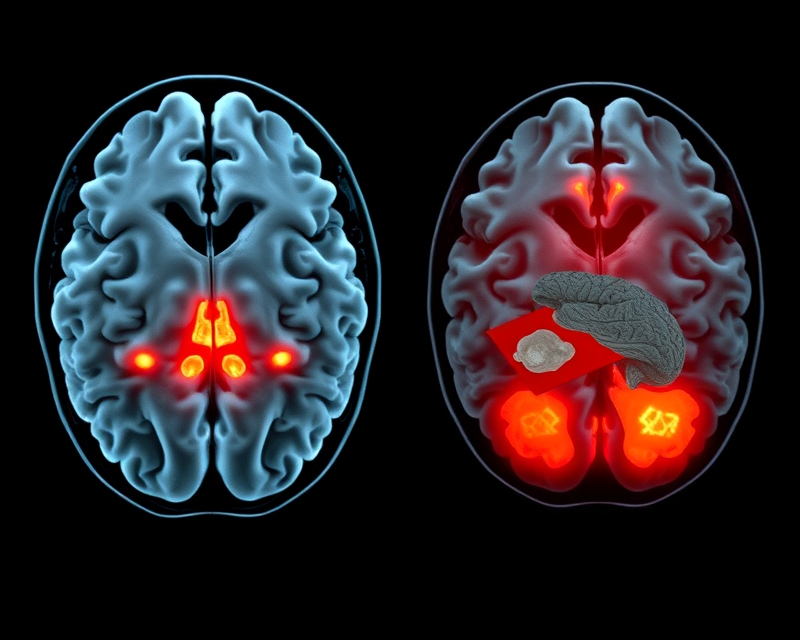There are many reasons for insomnia in the elderly.
On the one hand, it is related to mental and psychological factors. For example, being affected by negative emotions or having mental and psychological diseases, such as geriatric depression.
On the other hand, it is also related to physical factors. For example, various physical discomforts or having underlying diseases, such as hypertension or cerebrovascular diseases.

Analyze the specific reasons according to different situations.
First, maintain an ordinary state of mind, actively treat the underlying diseases, and develop good sleep habits.

For those with severe insomnia, it is recommended to receive drug treatment under the guidance of a doctor. For example, benzodiazepines or non - benzodiazepines can be given, such as zopiclone.
